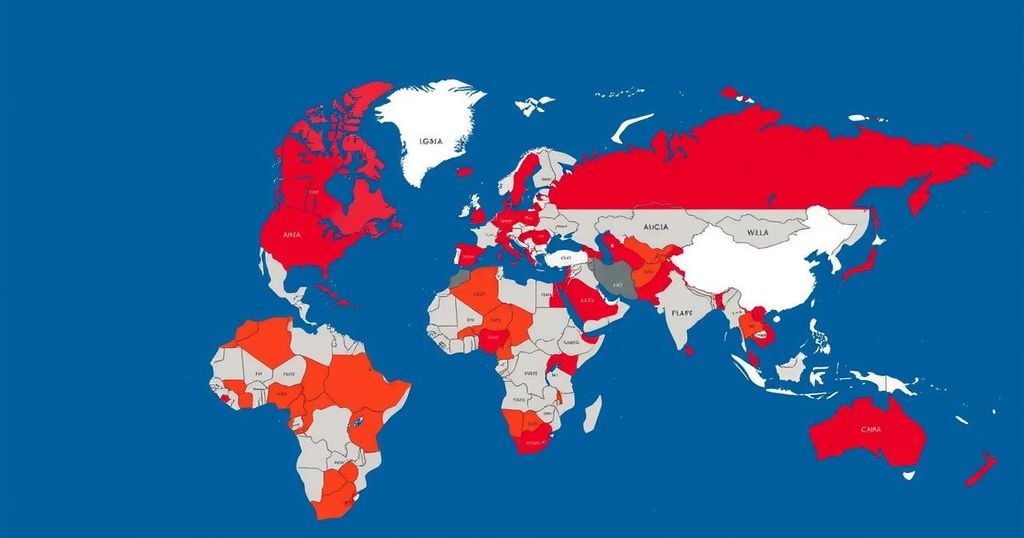Albania Prepares for Historic Parliamentary Elections with Overseas Voting

Albania’s President has scheduled parliamentary elections for May 11, 2024, marking the first time Albanians abroad can vote. The reforms allow electronic or mail-in ballots for expatriates. With 3.6 million potential voters, the ruling Socialists are favored amidst ongoing political demonstrations by the opposition over alleged government corruption.
Albania’s President has announced that parliamentary elections will take place on May 11. For the first time, Albanian citizens residing abroad will have the opportunity to participate in these elections, casting their votes either electronically or by mail. This reform, enacted with backing from both major political parties, reflects the country’s efforts to include overseas citizens in the electoral process. The elections will elect 140 representatives for a four-year term.
The political landscape in Albania has been tumultuous, characterized by ongoing protests stemming from claims of corruption against the ruling Socialist Party, led by Prime Minister Edi Rama. Opposition groups, predominantly the Democratic Party, have accused the government of election rigging and undermining judicial powers. They also express concerns over the arrests of their leader, Sali Berisha, and former President Ilir Meta, viewing these actions as politically charged.
Despite widespread dissatisfaction, local polls indicate that the Socialists are likely to secure a fourth term due to fragmented opposition. The United States and European Union have urged for a peaceful resolution and dialogue, emphasizing that violence will hinder Albania’s integration with the EU. Additionally, Albania commenced discussions with the EU on aligning its democratic institutions and combating corruption with the goal of potential EU membership by 2030, as articulated by Prime Minister Rama.
The significance of the upcoming parliamentary elections in Albania lies not only in their immediate political ramifications but also in the inclusion of Albanian citizens abroad in the electoral process for the first time. This initiative marks a pivotal moment for expatriate representation, recognizing the multifaceted impact of the Albanian diaspora. Historically, Albania has faced political instability, with elections often marred by accusations of corruption and electoral manipulation, raising questions about the integrity of the democratic process. The current political climate, notably marked by the opposition’s frequent protests, underscores the contentious nature of Albanian politics, particularly in light of aspirations for European Union membership.
In summary, the upcoming parliamentary elections set for May 11, 2024, represent a significant milestone as they will allow Albanians living abroad to vote for the first time. The elections occur amidst a politically charged environment, with allegations of corruption and calls for reform dominating the discourse. The ruling Socialists are favored to retain power, but the continued pressure from opposition protests may influence the outcome. Moreover, the allocation of votes from abroad may impact the electoral landscape, reinforcing the importance of inclusivity in the democratic process.
Original Source: abcnews.go.com







